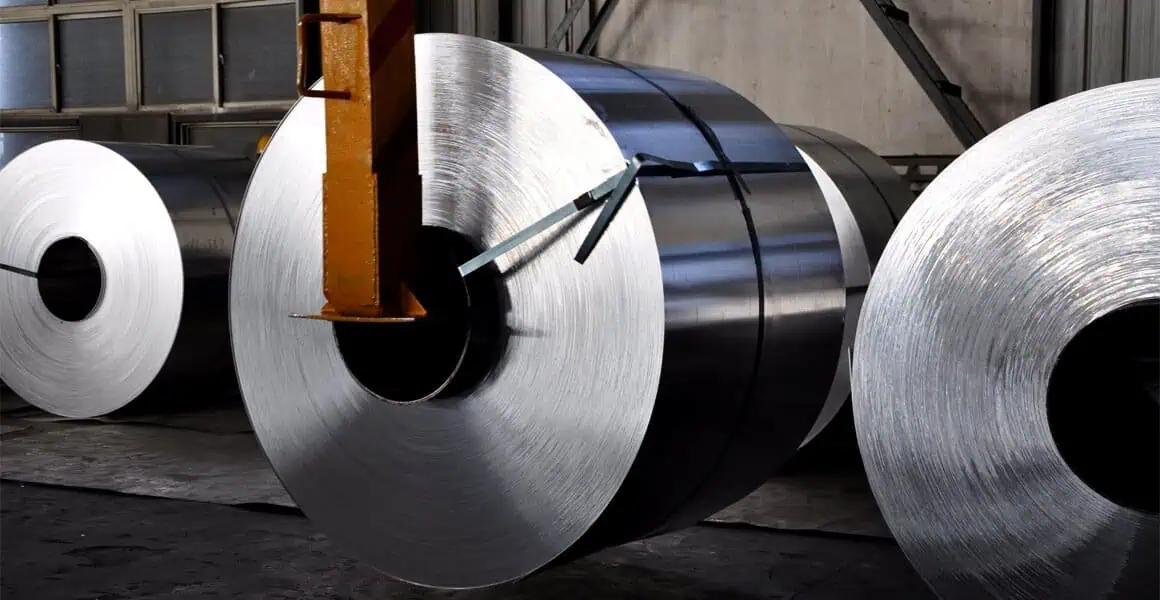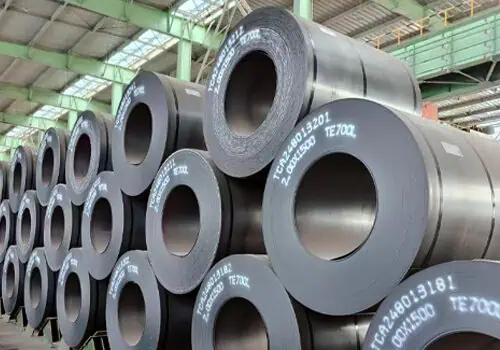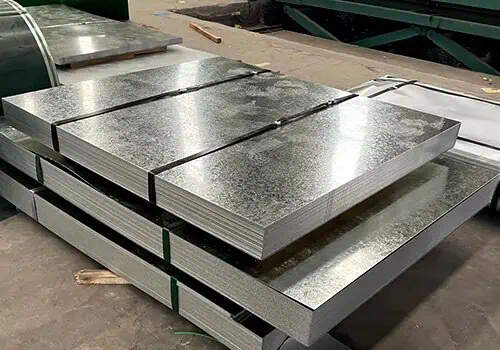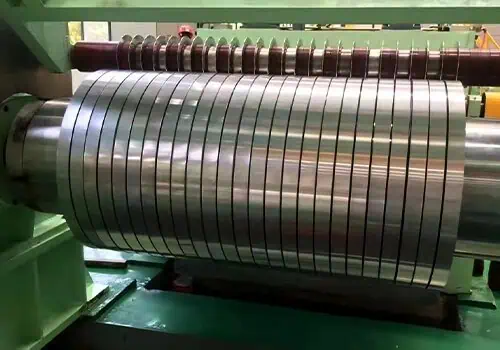Steel coils appear commonplace, but their enormous weight and underlying strain make them silent murderers if handled incorrectly. Why are steel coils so dangerous?
Steel coils are dangerous due to extreme weight, internal stress, and improper handling. When uncoiled or shifted, they can cause serious injuries, equipment damage, or even fatal accidents like steel coil exploding or collapsing in transit.
Let’s look at why steel coils provide hidden dangers—and how purchasers and handlers might mitigate the hazards.
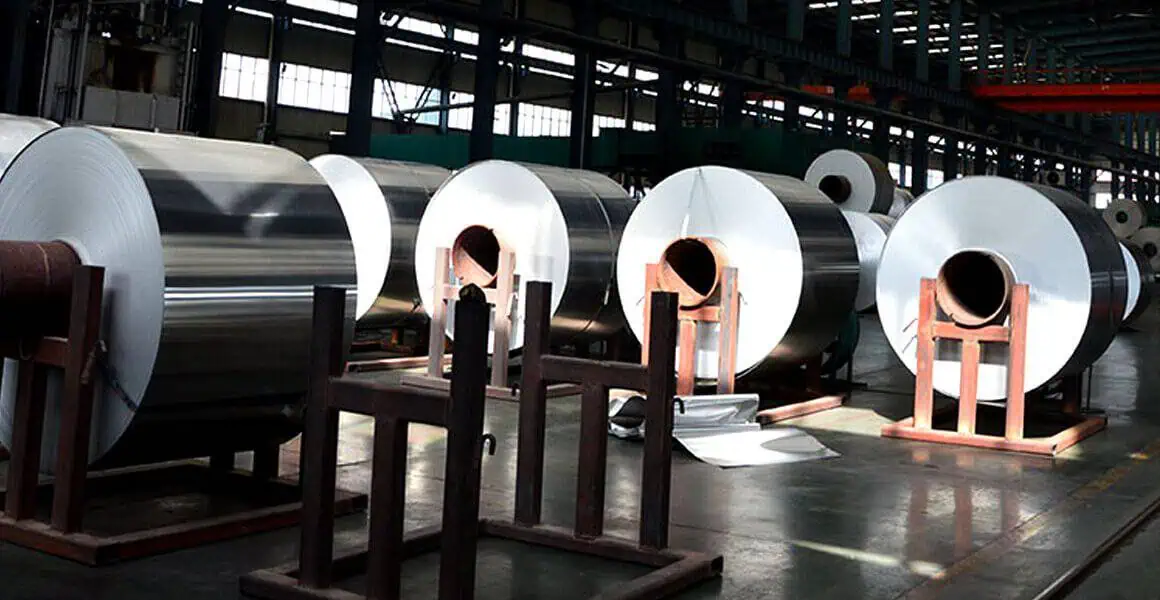
Why Is Steel Coil Dangerous?
At first look, a steel coil may appear to be an innocuous industrial product. But hidden beneath its sleek, round appearance is a great physical force. Steel coils are tightly wound with immense internal stress. If released improperly, they can violently uncoil, causing crushing injuries or death.
The weight is another risk. A single لفائف الصلب الكربوني or galvanized coil can weigh 30 tons, which is more than a small vehicle. Without adequate bracing or loading procedures, even tiny road bumps might cause the coil to move, transforming it into a lethal missile.
In fact, many steel coil accidents worldwide are caused by inappropriate handling, inadequate packing, or unsuitable stacking procedures. Buyers must constantly be aware of this danger.
What Precautions Should Be Taken When Loading Steel Coils?
Preventing calamity begins with safe loading. All coils should be loaded with precise balance and securely strapped using heavy-duty chains, blocks, or wedges.
When placed horizontally, it is known as the “eye to the side” approach. This posture is useful for employing forklifts, but it must be counterbalanced properly. Drivers must be well trained to comprehend the weight distribution of steel coils and the physics of braking.
To avoid ship listing, steel coils should be layered by weight—heaviest at the bottom, lighter at the top. Smart exporters include loading images, weight charts, and digital coil ID tracking.
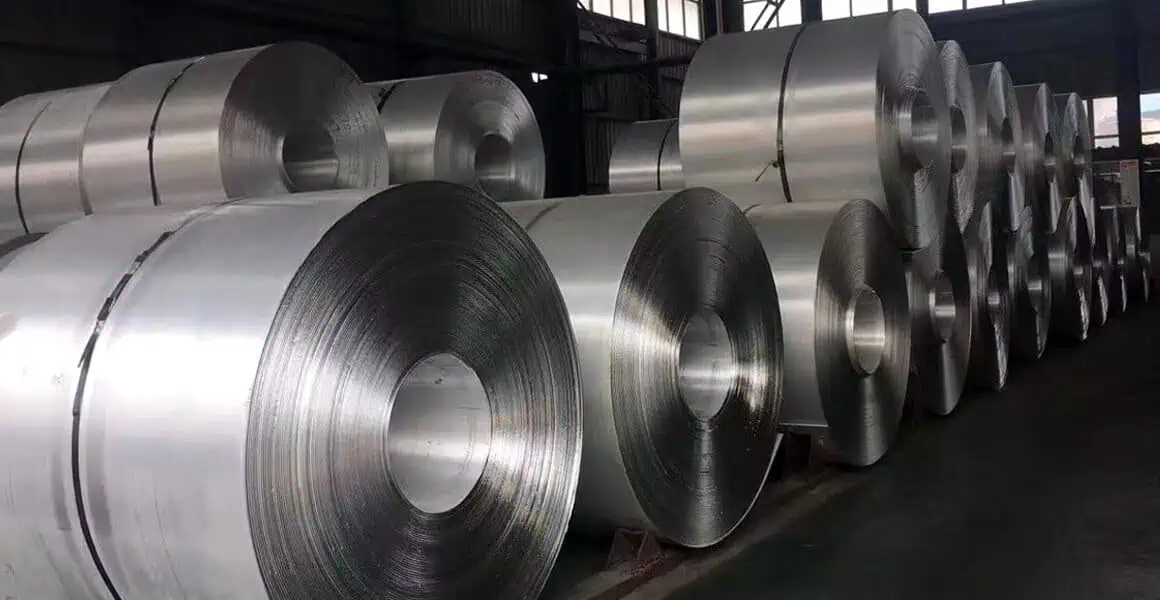
Are Stainless Steel Coils Safe?
It is a frequent misconception that stainless steel coil is safer because it is corrosion-resistant or utilized in food-grade applications. In actuality, stainless steel still poses a major risk due to its density, weight, and internal coiling pressure.
While stainless steel coils do not rust like carbon steel coils, their hardness and sharp edges provide an increased danger of injury while unpacking. If they are not properly strapped, the entire weight may move or loosen unexpectedly. All coil kinds, whether aluminum coil, لفائف النحاس, or stainless, require identical care while handling and transporting.
ما هي لفائف الفولاذ المستخدمة ل?
Steel coils are widely used because of their flexibility and mechanical strength. Steel coils are utilized in several industries, including construction (roofing, beams, and rebar), car manufacture, household appliances, pipelines, and electrical equipment.
Different coils serve various industries. Galvanized steel coil is suited for outdoor and corrosion-resistant applications. Aluminum coil is both lightweight and conductive, making it ideal for HVAC and signage applications. Copper coils perform well in electrical systems due to their strong conductivity. Because these applications frequently need safety or durability (على سبيل المثال, structural frameworks), any imperfection in the steel coil—such as corrosion, dents, or cracks—can result in large-scale failure.

What Happens When a Steel Coil Is Not Secured Properly?
Unsecured coils are one of the most serious hazards in the logistics chain. If a coil is not properly fastened, unexpected pauses or tilts can cause the entire weight to roll, smashing anything in its path.
Dashcam footage has seen trailers being ripped apart and workers being injured by moving coils. A major concern is the “shotgun” configuration, in which coils are put facing forward. While this saves time for the forklift, it also increases the risk of the coil becoming loose.
This is why exporters utilize anti-slip mats, hydraulic clamps, and steel cradles to keep coils in place and reduce movement during transit.
Why Do Steel Coils Explode?
نعم, steel coil exploding do occur—and they are terrible. This happens when interior tension emerges uncontrollably, particularly if strapping fails or bands are removed too soon during unpacking.
Coils twisted too tightly during hot rolling can act similarly to compressed springs. Workers standing close may be struck by sharp metal edges flying outward. These mishaps can result in blindness, severe lacerations, and even death.
To avoid this, professional operators employ de-coiling equipment with automatic tension release while always wearing gloves, helmets, and goggles.

Why Are Steel Coils So Hot?
Heat is an overlooked threat of steel coils, especially when they are newly made. After hot rolling, coils may maintain surface temperatures ranging from 500°C to 800°C for several hours. Touching or stacking them too soon may cause burns, deformation, or fire.
Exporters must employ thermal sensors to ensure cooling before packaging. For example, aluminum coil cools faster than carbon steel coil, but it still requires at least 24 hours before handling. Warehouses without enough ventilation or insulation are especially vulnerable to heat-related coil damage.
How Heavy Is a Steel Coil?
Understanding steel coil weight is crucial for safe transportation and storage. A normal coil can weigh anything from 5 ل 30 tons, depending on the material, breadth, and thickness.
For example, a 2.0mm thick لفائف الصلب الكربوني measuring 1,250mm broad and 3,000 meters long may easily weigh 20 tons. Coils constructed of copper or stainless steel weigh significantly more due to their increased density. Miscalculating this weight can overload trucks or cause warehouse racks to collapse, particularly in low-cost storage facilities.
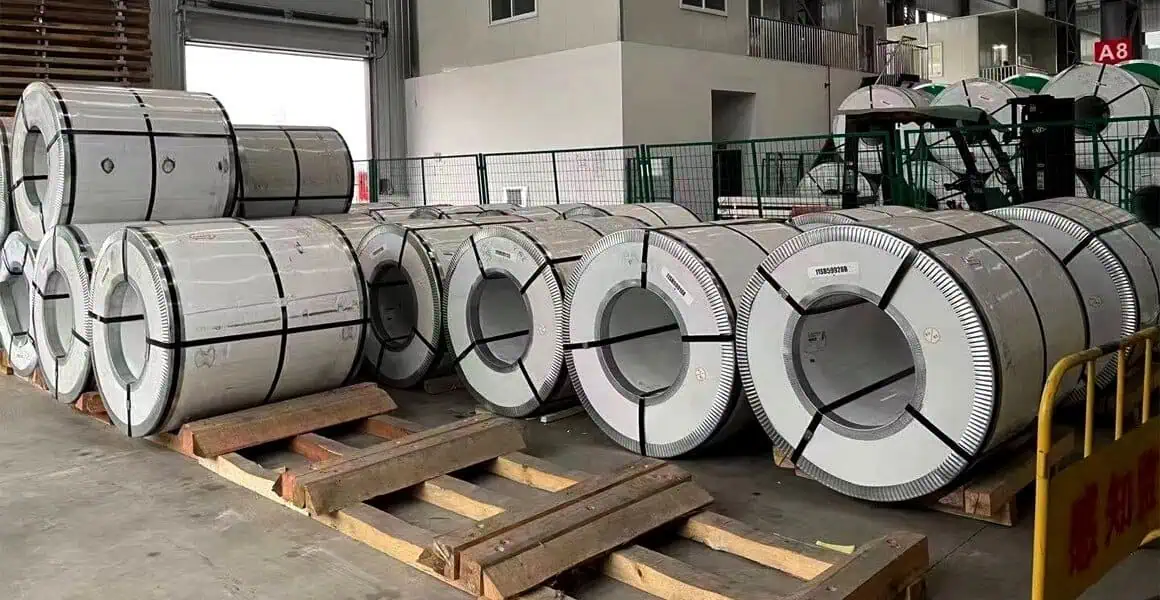
Can Steel Coils Rust?
نعم, and the repercussions are expensive. Only coated coils, such as galvanized coils or stainless steel coils, can withstand corrosion. Standard carbon steel coils corrode fast when exposed to moisture.
Moisture damage is the leading cause of rejected products in foreign shipping. That is why reputable exporters employ desiccants, VCI (volatile corrosion inhibitor) bags, and sealed hardwood containers. Buyers should request specific packing options before delivery. A rusty coil does more than only lose value; it can also cause production delays, equipment failures, and damage corporate reputations.
How Do You Store Steel Coils?
Proper storage is critical for preserving coil integrity and safety. Steel coils should never be kept directly on the ground or piled haphazardly.
Warehouses should be dry, clean, and temperature stable. Coil stacking must not exceed a 2:1 ratio (height to base). Overstacking causes collapse. Smart purchasers also want coil traceability, which includes warehouse logs, visual inspection images, and rust check data. Prevention saves money.
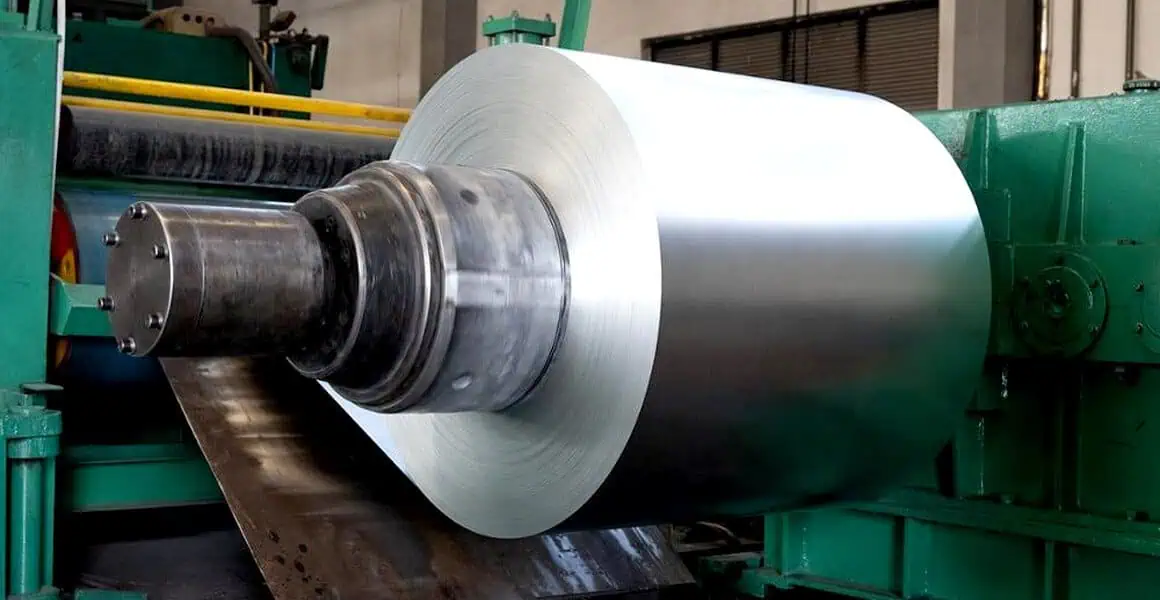
How To Reduce Risks When Buying Steel Coils From China?
Importing steel coils from China provides fantastic cost, but it also has hazards if not managed properly. Buyers should examine certificates (such as ISO and SGS), request loading videos, require rigorous packing, and select experienced exporters with clear records.
We’ve been serving buyers in South America and Southeast Asia for over 18 سنين. Our product line includes carbon steel coil, galvanized steel coil, لفائف الفولاذ المقاوم للصدأ, لفائف الألومنيوم, و لفائف النحاس, all of which are packed with 5-layer protection and loaded within 7 أيام.
We also provide comprehensive insurance, various payment options, and live shipping tracking. When safety and consistency are critical, work with established specialists.
Summary
Steel coils are both important and harmful. Choose skilled providers, require safety inspections, and never skimp on handling or transportation. لقد انتهى Yuanchi 18 سنوات من الخبرة. If you have any questions about steel, please feel free to contact us.

